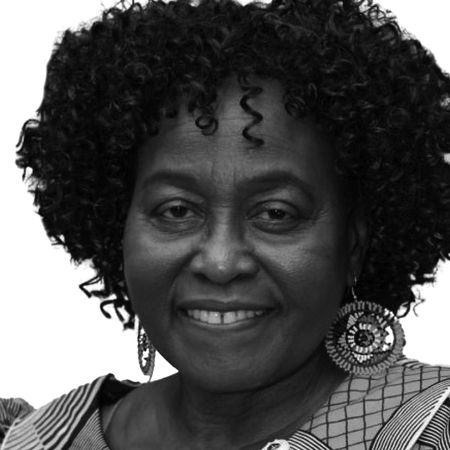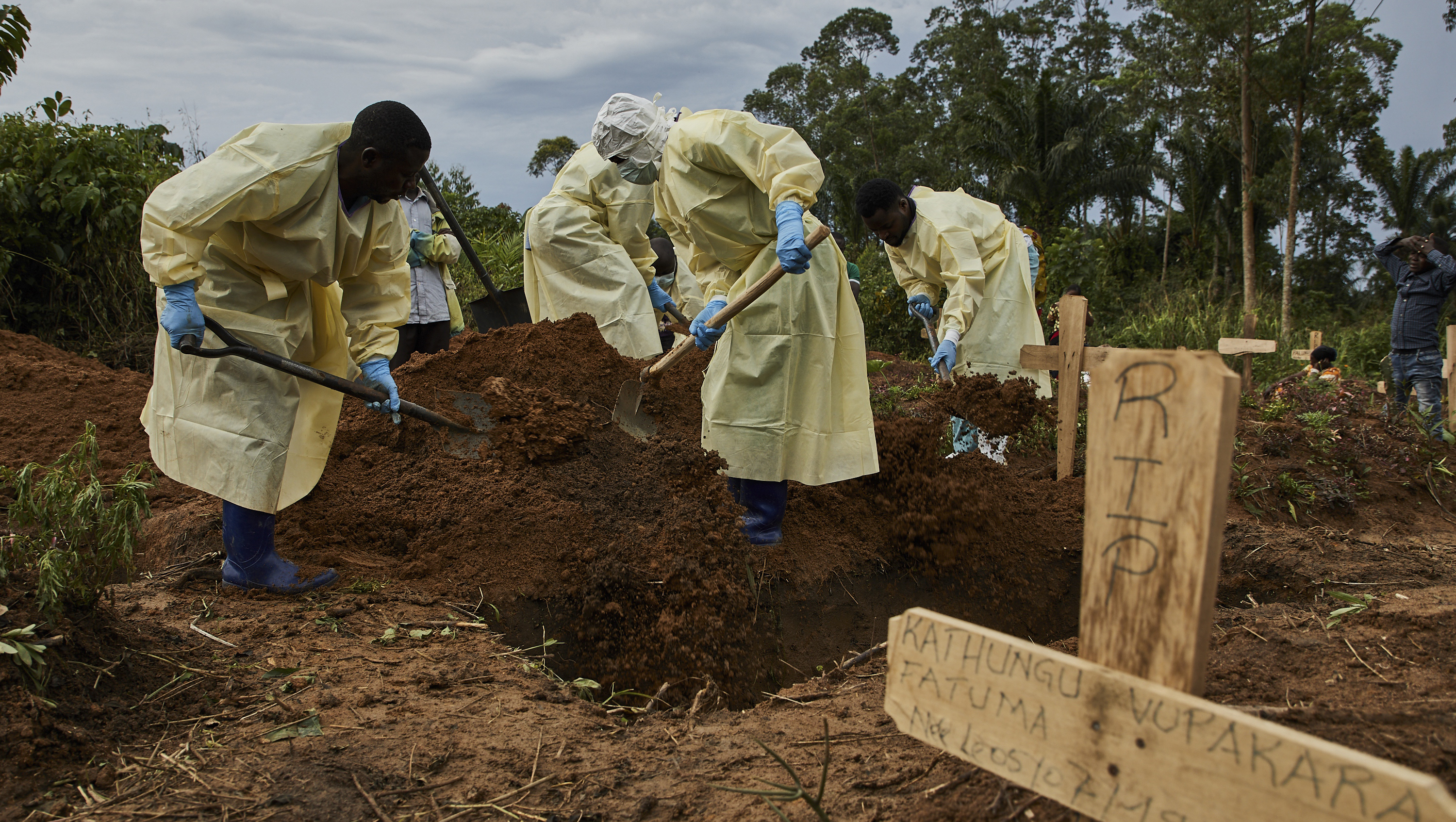
Africa is at a crossroads regarding the health of its communities. Recent data from the Africa Centres for Disease Control and Prevention (Africa CDC) paints a sobering picture of the reality we face.
Since October 2025, the Democratic Republic of Congo has reported an outbreak of 64 Ebola cases and 42 deaths. Other diseases, like Mpox, continue to affect African communities. Last year through May of this year, 26 African countries reported more than 139,000 suspected Mpox cases and a resulting 1,788 deaths.
The situation is coupled with significant declines in external funding for health. Official Development Assistance has dropped by nearly 70% since 2021, prompting local governments to scramble to find domestic solutions. This is a wake-up call: Africa must embrace self-reliance.
African-led breakthroughs
In some areas, progress is under way. New vaccine factories and health product facilities are being built across the continent, supported by partnerships with organisations such as the World Health Organization and the African Union.
South Africa, in particular, has made impressive strides with facilities like Biovac, which is increasing local vaccine manufacturing capacity. South Africa is developing innovations on major diseases, namely in HIV and tuberculosis (TB).
For example, a recent HIV cure trial in Durban showed a promising percentage of participants remained virus-free without ongoing treatment after intervening with combination immunotherapy. Meanwhile, South Africa’s extensive TB research network, one of the largest in Africa, continues to develop new treatment and prevention strategies despite funding constraints.
Making health a political priority
The upcoming Conference on Public Health in Africa (CPHIA) 2025 in Durban, alongside South Africa’s landmark G20 presidency, can further mark a new chapter in African health leadership. It will amplify Africa’s call for health sovereignty and equitable partnerships, sending a clear message: Africa is taking control over its health future.
As part of its G20 presidency, South Africa has prioritised five key health areas: accelerating universal health coverage through primary healthcare, strengthening human resources for health, combating non-communicable diseases, preparing for and responding to pandemics, and advancing science and innovation for health and economic growth.
At the start of this year, South Africa hosted the G20 Health Working Group meeting, chaired by national Department of Health Deputy Director-General Dr Anban Pillay.
The meeting brought together G20 members, invited countries, and international organisations to discuss and explore health priorities and solutions. Further meetings, including a major in-person session in Durban, will guide discussions toward the G20 Health Ministers’ meeting and final declarations in Johannesburg later this year.
To move from words to action, the G20 must strengthen global financing tools like the Pandemic Fund and ensure that developing countries have sustainable health financing mechanisms.
Health outcomes are shaped by political decisions on equity, governance, and investments, and the G20’s real power lies in setting a political tone that demands health be integrated across all sectors and policies.
It will determine whether millions of lives are saved or continue to be lost to preventable diseases. Health must be central to every policy discussion — whether on trade, debt, innovation or governance — because every decision ultimately affects health outcomes.
Looking ahead
This is why I am looking forward to the Conference on Public Health in Africa. Together with peers from across the continent, we will focus on strengthening primary healthcare, securing sustainable financing, and scaling local manufacturing of vaccines and health products. Leading these discussions will be top scientists, policymakers and innovators, all driven by one mission: improving lives across Africa.
Africa’s budgets and policies must support this vision for health. We must cooperate as a region, as diseases do not recognise borders. Collaboration makes health systems stronger; this is demonstrated by Africa CDC’s role in facilitating the use of data to inform decision-making and coordinating unified responses.
Africa can no longer wait for external actors to solve its health challenges. This is a call for bold leadership that puts people first, uproots corruption, invests in prevention, and closes service gaps.
If embraced, this moment will see Africa emerge as a global leader in health innovation, resilience and dignity — its “second independence” in health, where good health is guaranteed, progress is real, and pride is restored. DM
Prof Olive Shisana is the Conference on Public Health in Africa (CPHIA) 2025 Co-Chair, and President and CEO of EB Consulting (Evidence Based Solutions).





 Health workers fill in the grave of an Ebola victim Kakule Mbusa Desire, in Beni, North Kivu province, Democratic Republic of the Congo, 29 August 2019. Kakule was infected in the village of Kyanzaba between the towns of Beni and Mangina and passed away on 28 August in a Beni Ebola treatment center. The death toll from the DR Congo's Ebola epidemic, an outbreak declared a global health emergency by the World Health Organisation (WHO), is expected to pass two thousand soon. (Photo: EPA/HUGH KINSELLA CUNNINGHAM)
Health workers fill in the grave of an Ebola victim Kakule Mbusa Desire, in Beni, North Kivu province, Democratic Republic of the Congo, 29 August 2019. Kakule was infected in the village of Kyanzaba between the towns of Beni and Mangina and passed away on 28 August in a Beni Ebola treatment center. The death toll from the DR Congo's Ebola epidemic, an outbreak declared a global health emergency by the World Health Organisation (WHO), is expected to pass two thousand soon. (Photo: EPA/HUGH KINSELLA CUNNINGHAM)